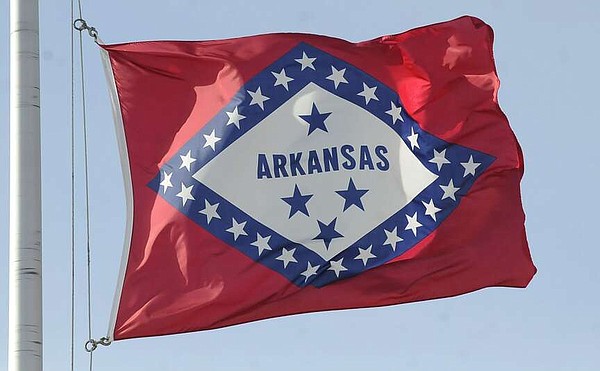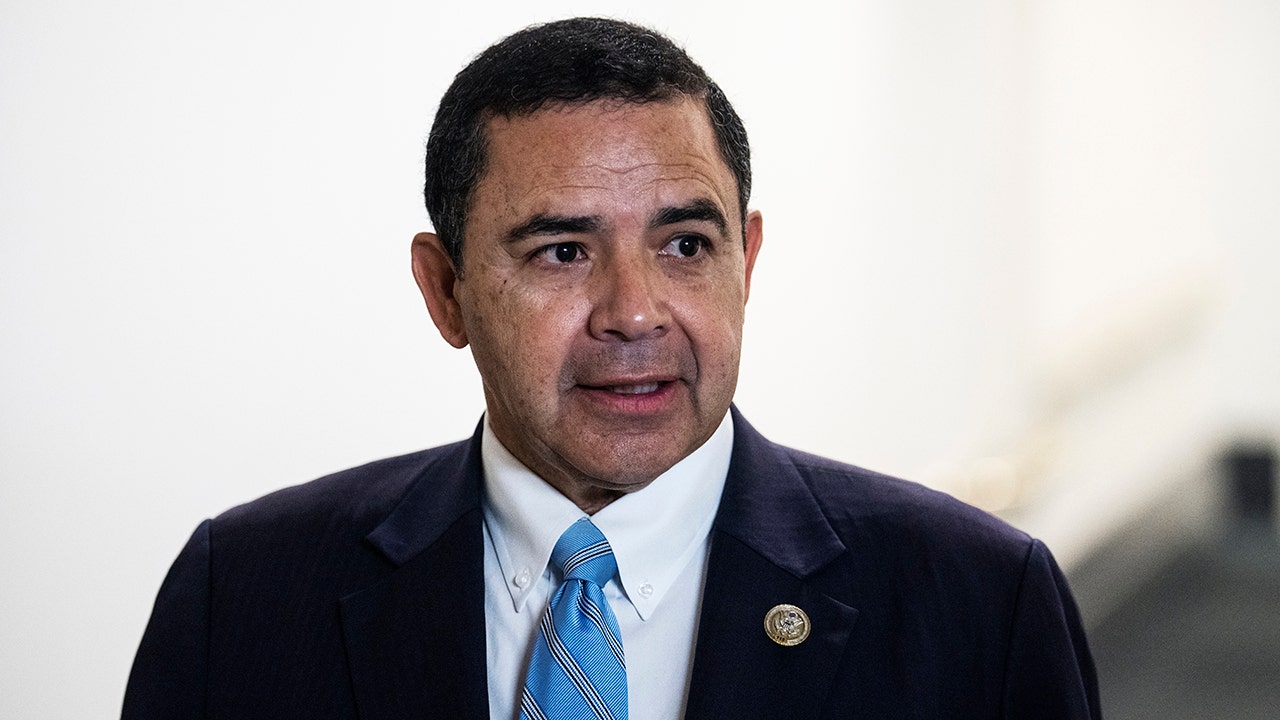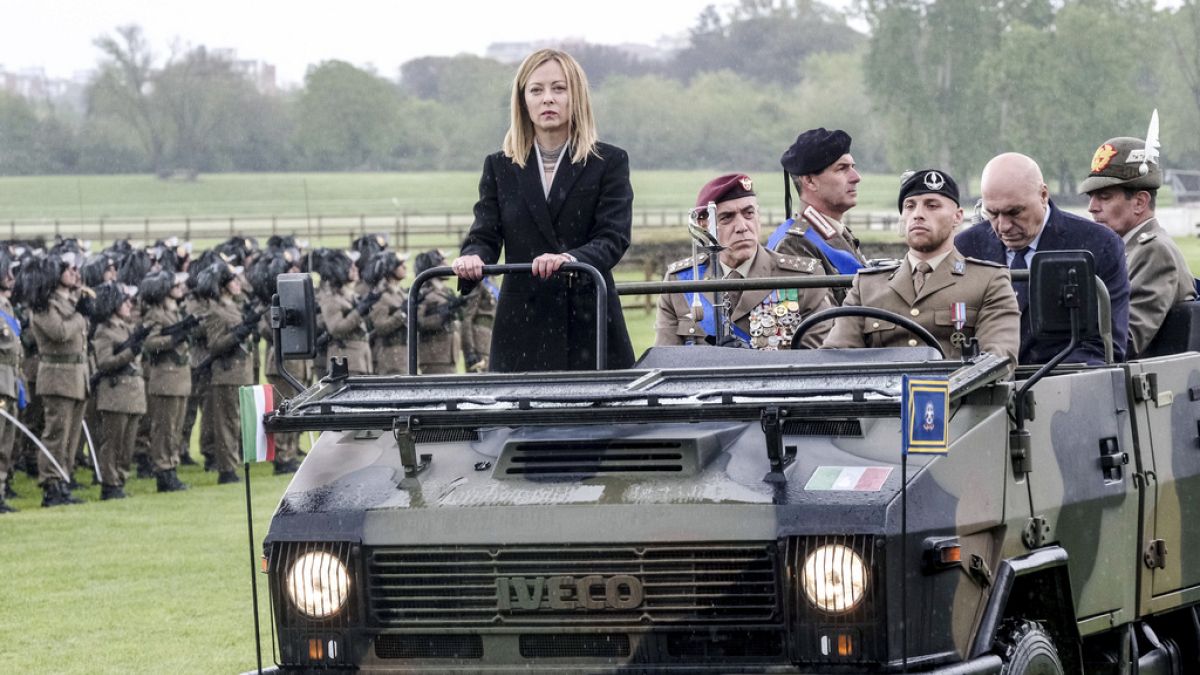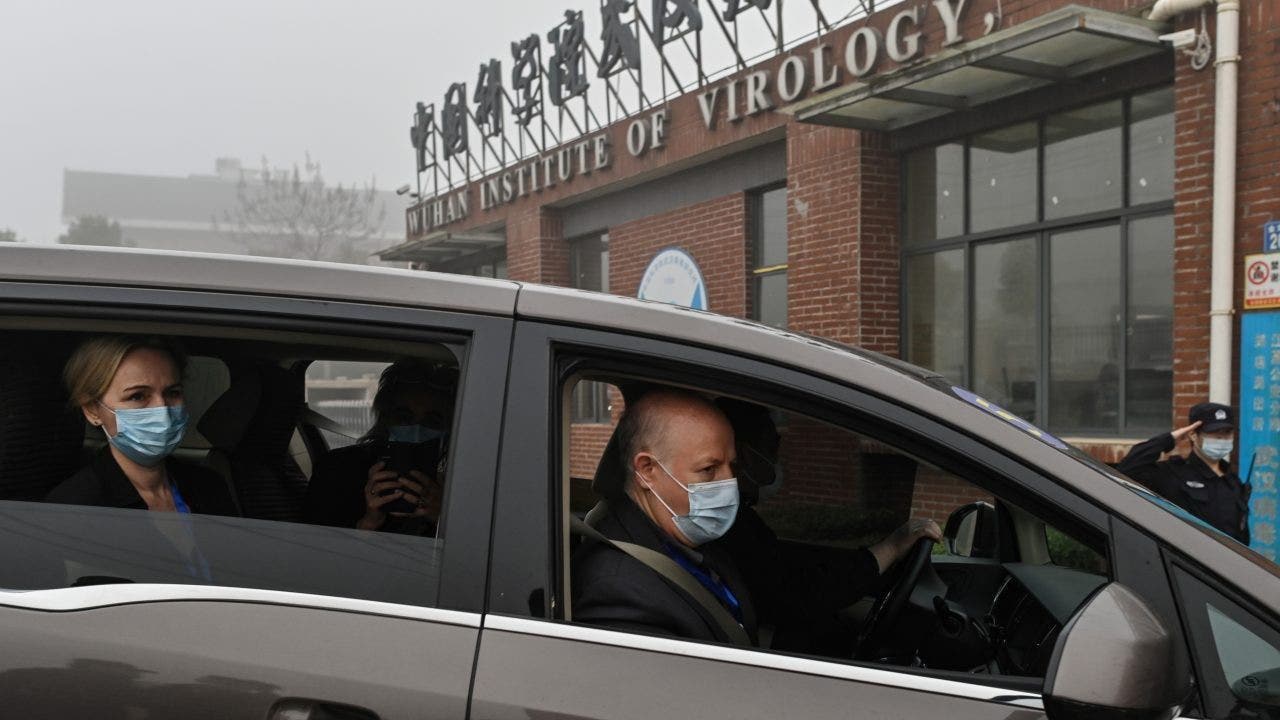Sports
Mark Clattenburg: The celebrity referee turned PGMOL agitator… via Gladiators

This is an updated version of an article first published on March 8.
It is two and a half years since Mark Clattenburg had his autobiography, Whistle Blower, to plug. No prisoners were taken in the book’s content or the promotional work ahead of its release.
Graham Poll, Martin Atkinson and David Elleray were all among the former colleagues Clattenburg swung for in caustic appraisals designed to settle old scores. And as for Mike Riley, his old boss at Professional Game Match Officials Limited (PGMOL), the body responsible for overseeing referees? “A boring f**ker,” was the succinct description.
Less spiteful were the words chosen for Howard Webb, a man he had known for over two decades, but Clattenburg still made it clear this was a fractured relationship he had little wish to mend.
“When Howard doesn’t need you, he doesn’t speak,” Clattenburg told The Athletic in 2021, raking up a night at Euro 2012 when Webb attended a post-match party without telling his fellow Englishman. “He’s very unique in this. Everyone sees Howard as a nice guy and he is. I would never really criticise him as a person, he’s just someone I won’t engage with in the future because I don’t need Howard Webb, the same as he doesn’t need me.”
It is a quote that has not aged well.
A return to the Premier League as Nottingham Forest’s refereeing analyst meant Clattenburg needed the ear of Webb, who replaced Riley as the head of PGMOL in December 2022. It is among Clattenburg’s duties to liaise with Webb, to be the conduit for a club who have felt aggrieved at decisions all season.
Ever since Clattenburg’s appointment two months ago, he and Webb have been in regular contact: the pair sat together at Forest’s FA Cup fifth-round defeat to Manchester United on February 28 in seats allocated by the home club.
Howard Webb and Mark Clattenburg watch Nottingham Forest against Manchester United (Mike Egerton/PA Images via Getty Images)
But the relationship is already being severely tested.
On Sunday, after a controversial 2-0 defeat at Everton in which they were denied three possible penalties, Forest took their refereeing complaints to a new level when they alleged, in a post on X, that they had warned PGMOL not to appoint Stuart Attwell to VAR duties because he was a Luton fan.
Three extremely poor decisions – three penalties not given – which we simply cannot accept.
We warned the PGMOL that the VAR is a Luton fan before the game but they didn’t change him. Our patience has been tested multiple times.
NFFC will now consider its options.
— Nottingham Forest (@NFFC) April 21, 2024
The Athletic reported that Clattenburg did have a conversation with Webb on Friday, 48 hours before the game, but had not asked for him to be removed from VAR duties at Goodison Park.
In his column for MailOnline published on Sunday evening, however, Clattenburg did savage his former employers, saying they should have made “smarter appointments” and decrying Attwell and on-field referee Anthony Taylor for making a “hat-trick of howlers”.
That, however, was not the first time that Clattenburg has turned attack dog since his return to English football.
A controversial ending to Liverpool’s 1-0 win at the City Ground on March 2, where referee Paul Tierney incorrectly awarded the visiting side an uncontested drop ball, saw Clattenburg put up for media duties by Nottingham Forest.
“I haven’t spoken to the referee, I’ll leave that to the club,” he said. Yet it had not been for the want of trying. “I went to go into the referee’s dressing room (after the game) but he wouldn’t allow it.”
PGMOL did not dispute that. Rules are in place that stipulate only managers and select coaching staff, listed on the official team sheets, can approach officials after a game and, even then, it is up to the referee who enters their dressing room.
Clattenburg was denied an audience with Tierney and had been expecting events to play out differently. Webb had raised no objection to Clattenburg seeing referees post-match in a meeting the men held shortly after his arrival at Forest. It is not unusual for an analyst to accompany a manager into such a meeting and present video evidence but, importantly, as long as he is an accredited figure listed on the team sheet.
It became the sideshow that made more headlines than Darwin Nunez’s 99th-minute winner. Forest had been on the end of another refereeing mistake, one that gave Liverpool the chance to attack at the other end (albeit almost two minutes later), and it was Clattenburg’s job to tell the world about it.
Forest say they appointed Clattenburg to try and create a positive relationship with PGMOL, the body they have addressed three letters of complaint to already this season. Clattenburg is there to create direct links of discourse, they claim.
Yet PGMOL maintain that all clubs already have that option open to them. Webb has made a point of being accessible to all Premier League managers and captains since taking control of the organisation 15 months ago, fielding calls and explaining the good and bad decisions his referees have reached. They might not like what he has to say, but accountability is the broad aim.
“Clubs are aware that Howard Webb and his colleagues are open to calls at any point,” said Tony Scholes, the Premier League’s chief football officer, in February.
The question now is whether Clattenburg is the right man to try and facilitate better relations.
Clattenburg, in his own words, started his working life as a “daft electrician from Newcastle”.
Long before he was made the Premier League’s youngest referee aged 29, he had run the lines as an assistant in the Northern League before the same grassroots level presented a platform for him to take centre stage. Clattenburg, with a name not easy to forget, earned a reputation as one of the brightest young officials climbing the ladder. At 25, he had reached the EFL, four years before he was plucked out by Keith Hackett to reach the highest level.
Clattenburg’s ability as an elite referee was rarely in question. Along with Webb, who beat him to the Premier League by 12 months, Clattenburg was as good as it got in English football.
“He was an outstanding referee,” former Premier League official Mark Halsey tells The Athletic. “He was a natural, not manufactured. His communication skills were second to none.
“Mark was exceptional, like Howard was. And he was a perfectionist. We worked together and roomed together many times. He’d analyse every game and look at what he could and should’ve done differently. He’d beat himself up if he got a decision wrong.”
But a divisive figure? “He didn’t suffer fools,” adds Halsey. “Mark was Mark. I wouldn’t question his character. He was as honest as the day is long. He would tell you as it was and some people didn’t like that. It’s how I would want people to be. He would never go behind someone’s back like some did when we were refereeing.”
UEFA recognition followed Clattenburg’s impressive rise up the Premier League ranks, culminating at his high-water mark as an official in 2016 when he oversaw both the Champions League final and the final of Euro 2016.

Mark Clattenburg in the 2016 Champions League final – a career highlight (Pierre-Philippe Marcou/AFP via Getty Images)
That Clattenburg has tattoos to mark both showpiece occasions, though, helps paint a picture of the image-conscious figure that became so divisive during his time in the Premier League.
Clattenburg was more like a footballer than a referee. He made headlines for owning a Porsche Boxster that was vandalised outside his home in Newcastle and a black BMW X5 that carried the personalised number plate C19TTS (Clatts).
Poll would report Clattenburg to PGMOL bosses after turning up for one game carrying a man bag. A separate incident in 2014, when Clattenburg used his own transport to go straight from West Bromwich Albion’s home game against Crystal Palace to an Ed Sheeran concert in Newcastle, brought a reprimand as all Premier League officials are made to travel to and from games together.
Then there were the hair-loss adverts that Clattenburg continues to promote. One video, posted on his Instagram account before Christmas, concluded with him spraying a product from a range positioned in front of the camera. “Hair loss is a worry and make no excuses, I do what I can to keep it,” he says.
It has grown hard to know how seriously to take Clattenburg since his exit from the Premier League in 2017. In the hours that followed Forest’s galling loss to Liverpool, where he was explaining the club’s grievances to media outlets in the mixed zone, he could also be found reprimanding Viper for pinning down a contestant on the BBC show Gladiators.
“This is a formal warning,” said Clattenburg, who serves as the referee on the programme, which was revived earlier this year. “I told you in the locker room, no holding.” The pivot between family entertainment and the Premier League is an awkward one.

Mark Clattenburg in his new role on BBC’s Gladiators (BBC)
As is the relationship between Clattenburg and Webb. It began in the late 1990s when they met during fitness testing at Lilleshall before, according to Webb, becoming “quite friendly” as they climbed the refereeing ladder.
Webb was there to toast his colleague’s success, too. Clattenburg’s first Premier League game, a 3-1 win for Everton away to Crystal Palace in 2004, was followed by a flight back to Newcastle, where he was joined for “a night on the lash” with Webb. In his own autobiography, The Man in the Middle, Webb says Clattenburg thanked his colleague for “getting him through (that first game) unscathed”.
The falling out at Euro 2012, where Clattenburg was part of Webb’s support team in Poland and Ukraine, has clearly rankled, but a call from one to the other in 2017 was hugely significant. Webb’s exit from the head of refereeing in Saudi Arabia had created a vacancy and Clattenburg, increasingly disillusioned with PGMOL, was encouraged by his former colleague to take up the opportunity. Clattenburg’s salary would be £525,000 a year tax-free, a huge climb on his basic annual Premier League wage of £100,000.
It marked the start of a well-paid tour of the world. Eighteen months in Saudi Arabia were followed by spells overseeing refereeing in China, Egypt and Greece, where he became personally known to Nottingham Forest and Olympiacos owner Evangelos Marinakis in an unforgiving and hostile environment for referees. Marinakis has previously accused Greek referees of being “rigged”, while Olympiacos vice-president, Kostas Karapapas, threw a black mini-skirt at Takis Baltakos, president of the Greek football federation, last season.
Clattenburg’s return to England with Forest — the first appointment of its kind in English football — raised eyebrows throughout English football.
Many Premier League clubs were sceptical of the value he would bring, instead echoing the feelings expressed by Gary O’Neil, whose Wolverhampton Wanderers side have suffered from a number of high-profile errors this season.
“I’m fine with our relationship with the PGMOL,” he said. “They’re always very clear and honest with me. They are always open to communicating after games. So no, I don’t feel the need for it (a Clattenburg equivalent) here.”
The referees themselves are said to be nonplussed yet relaxed by Clattenburg’s appointment. They know they will be subject to one of Clattenburg’s pre-match reports before they take charge of a Forest match.
Webb has yet to publicly comment on Clattenburg’s return, but plenty of others have.
“I’m disappointed with Nottingham Forest,” said Gary Neville. “It’s as if, ‘Look at all of this, woe is me’. I get it, some teams feel as though they’ve been hard done to, some teams feel they’ve had bad decisions against them, but to employ an ex-referee to tell you why you’re having decisions against you. For me, I think it’s a step too far.”
Neville went further himself on Sunday, saying that Clattenburg should quit his role at Forest in the wake of their allegations on X.
“Mark Clattenberg must resign,” said Neville. “If he saw those words go out (questioning) the integrity of a referee and claims someone is a cheat for supporting another club, then he’s supporting what is being said. He would lose all credibility with referees in the game. He should stand down and distance himself from that statement.”

Evangelos Marinakis shows his anger at the end of Forest’s defeat to Liverpool (Jon Hobley | MI News/NurPhoto via Getty Images)
But while Clattenburg’s work with Forest is considered unusual, or even ill-advised, in England, in Europe such an arrangement is deemed far more commonplace.
Former Serie A referee Gianpaolo Calvarese was hired by Jose Mourinho, not someone traditionally sympathetic to officialdom, when in charge of Roma, while Carlos Megia Davila has been on Real Madrid’s payroll since 2009.
It is also a common practice in rugby union, where head coaches recruit former officials to backroom teams. Steve Lander, formerly an international referee, was an advisor to England when they won the World Cup in 2003.
“Why can’t Mark have a role at Nottingham Forest?,” asks Halsey, an ally of Clattenburg’s. “He’s been out of the Premier League for a number of years. Why can’t he be that liaison between a club and PGMOL, stopping the managers and owners from getting into trouble?
“It can only help relationships. Forest have taken the initiative and employed a former referee as a consultant. Mark is ideal to do that.”
Either way, just as when he was refereeing himself, Clattenburg has found himself in the eye of a storm in the Premier League. With Forest’s relegation battle only likely to become more fraught in the weeks ahead, things are unlikely to settle down.
(Top photo: Kieran Galvin/NurPhoto via Getty Images)

Sports
Premier League salary cap mailbag: Why? Who wins and loses? How would it work?

Premier League clubs this week opted to push on with plans for a hard spending limit — a de facto salary cap tied to the income of the lowest earning side in the top flight.
OK, we hear you say, but what on earth does it all really mean?
Who better to answer your questions than Matt Slater, who broke the original story? If you prefer, you can listen to Matt for free on Apple Podcasts, Spotify and the usual listening places on The Athletic FC Podcast.
Let’s dive in…
What are the real motivations for such a rule? — Adam M
Do I detect a note of suspicion, Adam?
For some, such as Crystal Palace chairman Steve Parish, who has been talking about this idea longer than most, there are sincere concerns about the competitive balance of the league.
They worry that the revenues of the ‘Big Six’ — which already feels like a ‘Big Seven’ and might be a ‘Big Eight’ before long — are growing faster than the revenues of the Premier League’s middle and lower classes, and that is before you factor in the increased sums they will receive from playing more Champions League games and occasional appearances in the FIFA’s revamped Club World Cup. Financial fair play regimes that tie your ability to spend to your own revenues play into the big clubs’ advantage, which compounds with each passing year.
So, “anchoring” is an attempt to slow the big clubs down. It’s a backstop to the squad cost rule that UEFA has already introduced and the Premier League is moving towards. The two are meant to be complementary, with anchoring being the backstop — a hard cap that even the richest/most successful/most ambitious club cannot go beyond.
Follow the Champions League on The Athletic…
What is the role of the Professional Footballers’ Association (PFA)? — Peyton B
Is there any chance the PFA will agree to a hard spending limit of 5x? And, if yes, what concessions would they require from the owners? — Dave D
The PFA calls itself the players’ trade union and it is, officially, the world’s oldest players’ union. But it has spent most of its history acting more like a lobby group, with a large charitable arm and growing education and healthcare sections. Unlike the North American players’ unions, it has not engaged in big disputes about profit-sharing with the clubs, the players’ employers, and it has not signed formal collective bargaining agreements with them.
Instead, there is almost a gentleman’s agreement between the leagues, on behalf of the clubs, and the PFA that the former will fund the union’s work in looking after former professionals who need new hips, providing counselling for those who need it, funding grants for second careers and backing research into conditions such as dementia.
The PFA, unsurprisingly, hates the idea of salary caps. Would you like it if a third party said your employer was not allowed to pay you over a certain level, even if that employer wanted to and could afford it?
Erling Haaland with the 2022-23 PFA Player of the Year award (PFA)
This is why European football’s governing body UEFA and everyone else have always had to step carefully when introducing cost controls. To avoid breaking European Union and national laws on restraint of trade, governing bodies have neeed to prove that what they are doing is justified by a legitimate aim — the sustainability of a culturally significant industry — and the proposed measure is fair, proportionate and transparent. In other words, they cannot push it too far.
So, rules that tie a club’s ability to spend to its ability to earn have, until now, been OK with lawmakers, as there is a clear link to sustainability. But linking a club’s ability to spend to someone else’s earnings? Hmmm. Debatable.
And it is almost certainly a debate the PFA will enter. As things stand, it is aware of the Premier League’s anchoring proposal and some preliminary conversations have taken place, but it is adamant that a proper consultation on the matter, at the relevant body, has not started.
The body in question is the ‘Professional Football Negotiating and Consultative Committee’, which is comprised of members from the PFA, the English Football League, the English Football Association and the Premier League. It is where all matters relating to employment in the game are discussed. If its members cannot agree, the dispute goes to independent arbitration. And there has been a lot of that in football of late.
Which clubs will benefit the most and the least from this? The clubs that objected to this seem very different, so it’s hard to tell — Andrew R
Good question!
Crystal Palace chairman Parish clearly believes it will help his team continue to compete in the Premier League. Anything, even something as loose as the proposed 5x anchoring cap, will help Palace put out a competitive team every week in the Premier League.
And every other team in Palace’s tax bracket seems to agree. For them, letting Manchester City and the rest spend 70 per cent of their ever-growing total revenues on their squads will destroy what is left of the jeopardy when City meets a team from the league’s lower half.
But the other big potential beneficiaries of anchoring are those clubs directly competing with Manchester City right now, and worried about the rising threat of Newcastle United. They want to tie their rivals to a more transparent cost-control mechanism. So, this would explain the support from Arsenal, Liverpool and Tottenham Hotspur.
Manchester United would ordinarily be in that gang but their new increasingly de-facto owner INEOS is concerned about anchoring slowing down its ability to perform the radical surgery United’s squad requires. So, their opposition is more tactical than strategic.

Sir Jim Ratcliffe, part-owner of Manchester United (right), with Sir Dave Brailsford (Robin Jones/Getty Images)
Aston Villa’s opposition to the idea is interesting as it reveals just how ambitious their billionaire owners Wes Edens and Nassef Sawiris are for the club. In the past, Villa would have been in favour of something that constrains the league’s elite. Now, they see themselves as potential aristocrats.
And Chelsea, well, they abstained probably because they realised a vote against the idea was not going to stop it from proceeding to the next stage in the consultation and legal process, so there was no point voting against it. But, equally, they could hardly back a rule that they are probably the only club to be in immediate danger of breaching. So, they did neither and abstained.
Will the players not just go to a league without a cap? — Darragh N
All of them, Darragh? And where? Which league pays average salaries anywhere near as high as the Premier League?
I understand the concern, and it will be voiced as a reason not to do this by those who hate the idea. I just do not think it is very likely.
According to the most recent data from UEFA, 10 of the top 20 wage bills in European football are in the Premier League. No other league has more than three representatives.
The two biggest wage bills in Europe, and therefore global football, are at Barcelona and Paris Saint-Germain, but they can only field 11 players at a time, and both are trying to trim their wage bills, with Barca badly needing to stop their slide towards bankruptcy and PSG moving towards a more sustainable model.

GO DEEPER
Who is the best-paid player at every Premier League club?
Nothing lasts forever, of course, but there is no evidence of any short- or medium-term threat to the Premier League’s status as the richest domestic league in global football.
Could the Saudi Pro League be the threat? It might, one day, but I would argue there is just as much chance of the SPL going the same way as the Chinese Super League in a decade as there is of it becoming a genuine challenger to the Premier League, La Liga, Bundesliga and other major leagues.
If I were in charge of the Premier League, I would be more worried about Major League Soccer but, as we know, North American sports owners love cost controls, so I cannot imagine them getting into an arms race for players with the Premier League, particularly as half of those owners are likely to own Premier League teams, too.

GO DEEPER
It’s a controversial topic, but does taking a Premier League game to the U.S. make sense?
How punitive are these rules on the richer clubs? A circa £500m limit on spending is hardly forcing teams to scratch around the bargain bin — Tom N
I think you have answered your own question, Tom. And the answer is… not very! Not yet, anyway.
We have estimated each club’s squad cost calculation for the 2022-23 season. The numbers that go into that calculation are the wages for your first-team squad players and coaching staff, your annual amortisation bill (the cost of your transfers spread across the length of their contracts) and any agents’ payments you make.

Now, some of those numbers are publicly available but we have had to make educated guesses on the biggest one, the wage bill, as clubs only publish their total wage bills — for all their staff — and not what they pay their players. However, most clubs spend about 70 per cent of their total wage bill on their players, so that is the amount that we have used.
The result is that only Chelsea spent more than five times what the Premier League’s bottom club, Southampton, received from the league in central payments. The Saints’ share of the league’s broadcast and sponsorship cash was £103.6million, which would have set a 5x cap at £518million. Chelsea’s estimated squad cost that season was £539million.
So, no, you’re right, if the only club to possibly breach the proposed anchor was Chelsea, after their wild shopping spree, this would not appear to be particularly restrictive.
Curious how it will work, timing-wise. Will they confirm the amounts available to spend the next season, once the season is over? — Courtney A
You are not the only one to be curious about the details of this, Courtney, and you ask a good question.
Whether the Premier League bases the cap on the multiple of the previous season’s bottom club’s central income or an estimate of the new season’s bottom club’s number is not clear yet. But I do not see how they can set the cap retrospectively. Clubs must know where they stand, so the cap will have to be set in advance.
I wonder if the cap should be linked to rolling three-year domestic TV rights deals.
The actual calculation is not that difficult, as most of the numbers are easy to predict. Every club receives a basic award of about £90million, with each place in the table worth a £3.1million merit payment, so the bottom club gets 1 x £3.1million and the top club 20 x £3.1m.

The only real variable is the facility fee, as that is the payment clubs receive each time they appear on live television in the UK, and it is not often the case that the team that finishes 20th is the least-picked team.
The facility fee is just over £1million a game and every team is guaranteed a minimum number of televised games. The range for facility fees in 2022-23 was £25.3million (Manchester City) to Bournemouth (£10.2m).
So, there is some variability in the exact amount your bottom club will earn but not much. The facility fees make up 25 per cent of amount clubs make from the domestic deal, which is about half of the total income. As previously mentioned, Southampton received £103.6million last season and that seems like a good benchmark for a bottom-placed team in the current broadcast rights cycle.
How will this new rule tie in with UEFA’s rules? Could you have a situation where a team spends more than £500million and wins the Premier League fairly but is not allowed to play in Europe? — Ben H
This proposal will work in tandem with UEFA’s squad cost rules and the Premier League’s version of the same concept. Think of anchoring as a backstop or a relatively distant line in the sand that nobody can cross.
Your second question is an intriguing hypothetical but does not seem very likely to me.
Even if we ignore the numbers and just pretend that there is a way for a club to emerge from the pack and win the league, while breaching UEFA’s 70 per cent threshold, do not forget that winning the league will bring a big TV merit payment, increased commercial income and the promise of at least £45million of Champions League prize money.
So, they might bust the 70 per cent limit in the year they win the Premier League, but they are unlikely to do so the following season. We have a very recent example of such a club: Leicester City. They made a record profit the year after they won the Premier League.
Finally, even if your champion still, somehow, manages to breach UEFA’s threshold, the European governing body does not like banning champions from its competitions. It has a long track record of dishing out fines, which they collect by withholding some of the prize money, and squad restrictions.
This approach is actually baked into the new squad cost rules, as UEFA has published a penalty schedule that links the size of the fine to the scale of the breach.
(Top photo: Michael Regan/Getty Images)
Sports
Fever’s Caitlin Clark says flying commercial will be ‘an adjustment’ as debate on WNBA flights is reignited
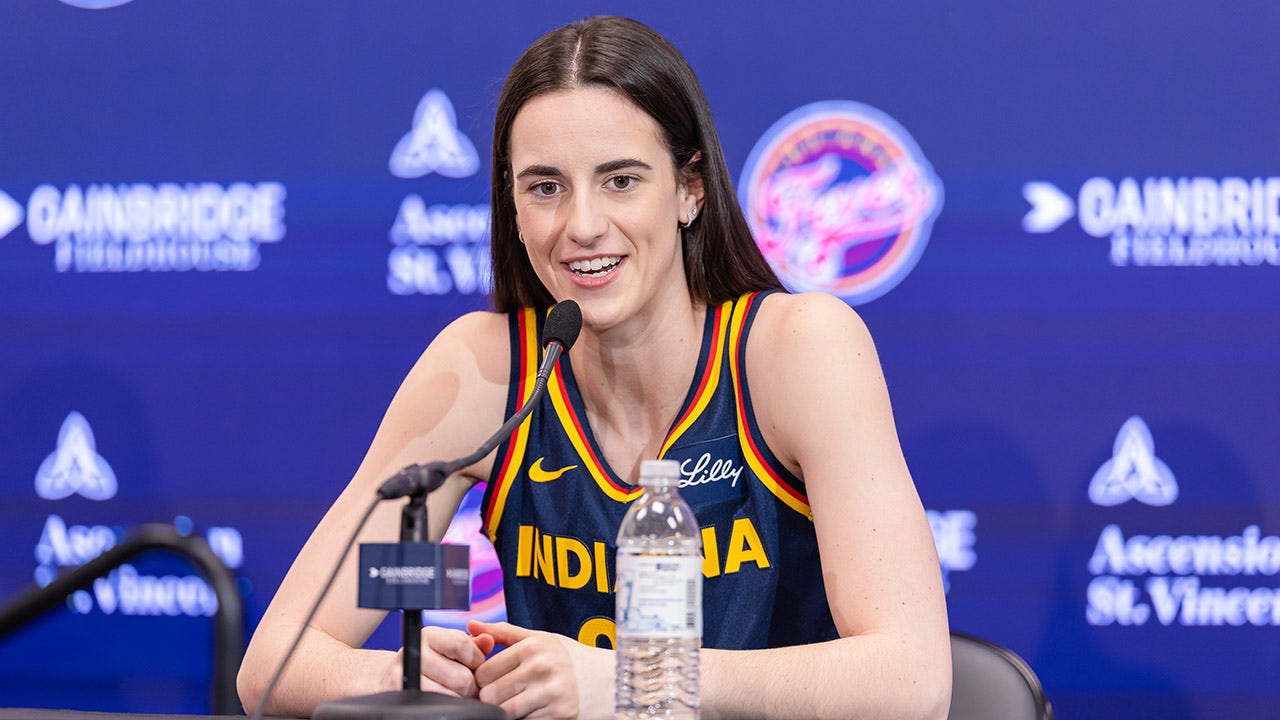
The debate surrounding the WNBA’s use of commercial flights has come back into the spotlight after former women’s college basketball star Caitlin Clark made her first trip with the Indiana Fever to Texas this week ahead of their preseason game against the Dallas Wings.
Video shared on social media Thursday showed the WNBA No. 1 overall pick and her teammates arriving at Dallas Fort Worth International Airport.
Indiana Fever guard Caitlin Clark speaks with the media after the WNBA basketball team practiced in Indianapolis, Sunday, April 28, 2024. (AP Photo/Michael Conroy)
The immediate response from social media users was why the league wasn’t flying the team on a charter flight – something the Iowa program utilized during Clark’s time as a Hawkeye.
“It’ll definitely be an adjustment, but it is what it is,” Clark said of the issue while speaking to the media on Thursday.
“At this point of my career and across the WNBA, it is what it is. I’m sure, certainly, everybody would say that they would love to be flying charter all the time – that definitely would help a lot of problems. But I think the fever organization has done a really good job of getting out ahead of things. There’s going to be a lot of security traveling with us, there will be certain plans of how we’re going to navigate going throughout airports and things like that.”
Becoming the NCAA Division 1 all-time leading scorer, Clark helped the NCAA reach its best viewership in history for women’s basketball, with nearly 19 million fans watching the title game.
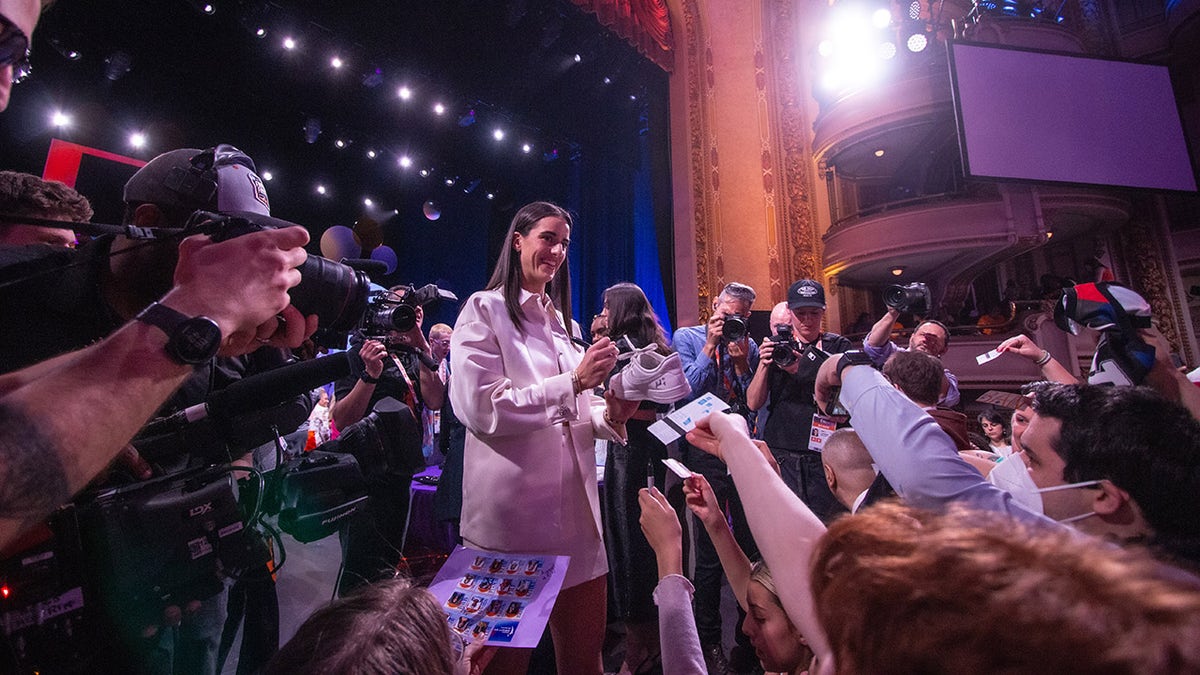
Caitlin Clark at the WNBA Draft held at the Brooklyn Academy of Music on April 15, 2024, in New York. (Cora Veltman/Sportico via Getty Images)
CAITLIN CLARK KNOWS WNBA TITLE IS ULTIMATE GOAL, BUT HOPES ‘TO GET BACK TO THE PLAYOFFS’ IN ROOKIE YEAR
The hope is that it will translate to the WNBA, and if it does, it could present a safety issue at airports.
“It’s not like we’re the odd man out here. Everybody has to navigate, it and I think it’s going to cause some problems, maybe, because the popularity of our league is continuing to grow and having to navigate travel with that,” Clark continued Thursday.
“But at the same time, that’s a positive thing, too. You want people to be excited about our game. Hopefully, it changes in the near future, but for now that’s just what it is, and everybody’s dealing with the same thing. You can’t use it as an excuse.”
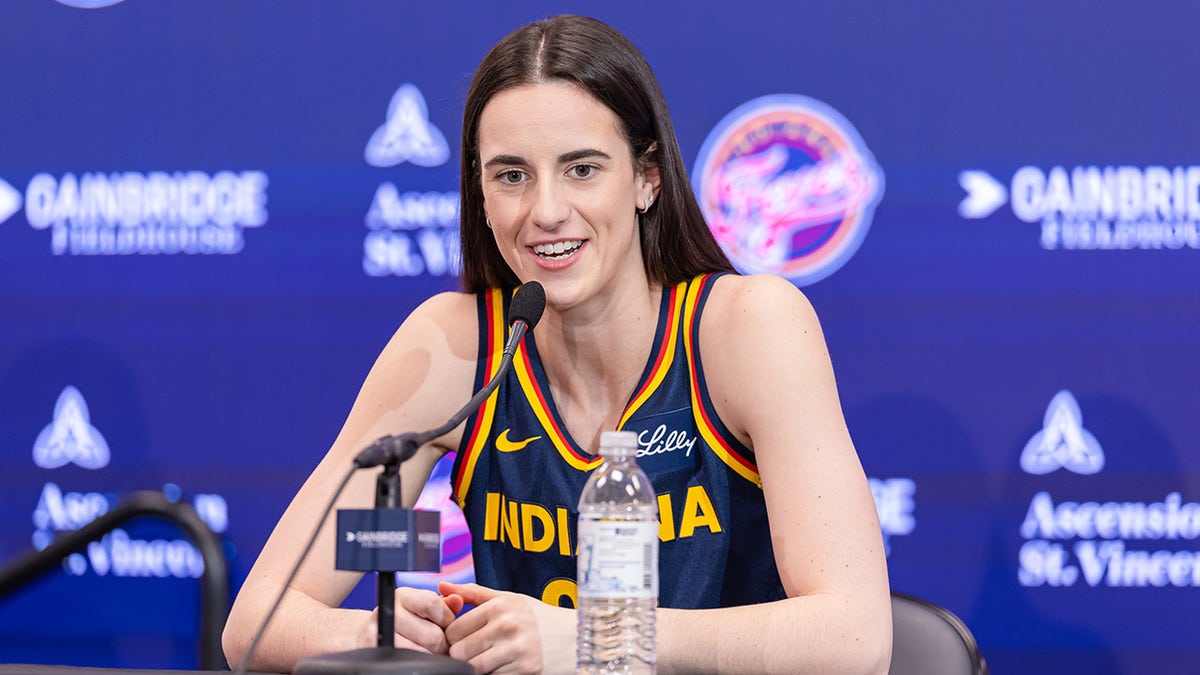
Caitlin Clark, #22 of the Indiana Fever, talks to reporters during media day activities at Gainbridge Fieldhouse on May 1, 2024, in Indianapolis, Indiana. (Michael Hickey/Getty Images)
Fever general manager Lin Dunn told reporters Thursday that the team has security measures in place, but declined to disclose the details.
“We’re certainly aware of what took place at Iowa when she traveled to away arenas, and certainly we’re aware of what happened at Ohio State, and we’re going to take all the precautions we can to make sure that not only is she safe, but that I’m safe – that we’re all safe, that all the players are prepared to be safe and secure.”
Last year, the WNBA spent $4 million on charter flights for the entire playoffs as well as for any back-to-back games during the regular season. Ahead of the draft last month, Commissioner Cathy Engelbert confirmed that the league would do the same this season.
“No one wants (charters) more than I do for these players. We need to be in the right financial position,” Engelbert said. “Just a few years ago, we were surviving. Now we’re going from survive to thrive. We want to do it at the appropriate time.”
The Associated Press contributed to this report.
Follow Fox News Digital’s sports coverage on X, and subscribe to the Fox News Sports Huddle newsletter.
Sports
Trainer Phil D'Amato realizes his Kentucky Derby dream thanks to Stronghold
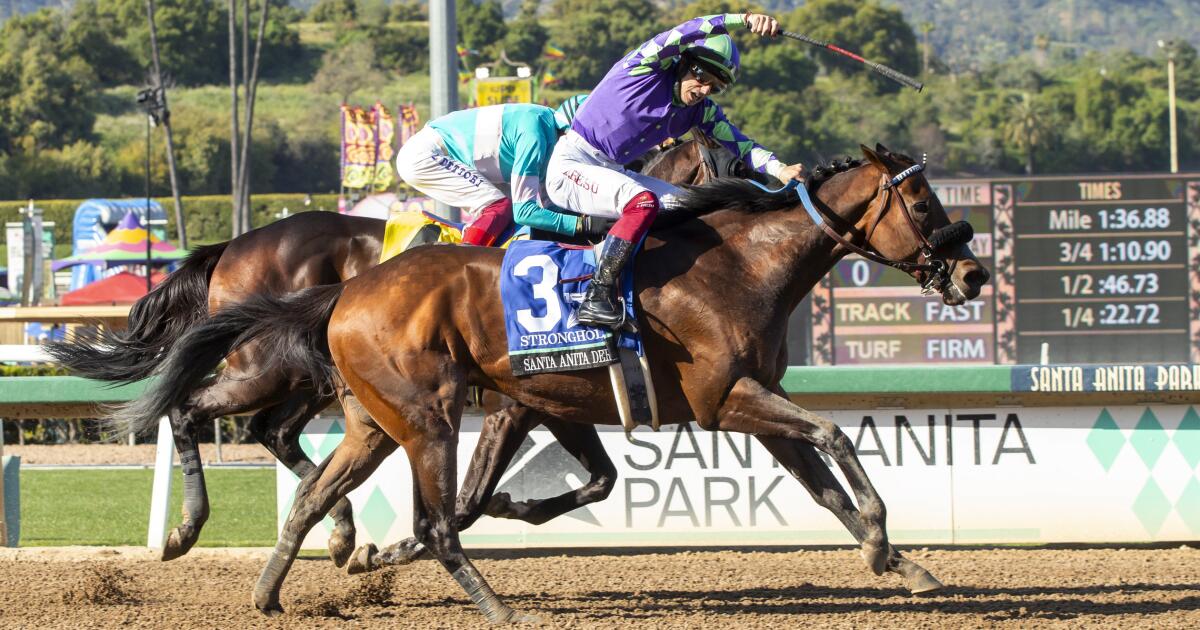
It’s really quite simple. If you’re in horse racing, regardless of your job or position, you want to get to the Kentucky Derby. But the reality is very few make it.
Phil D’Amato has won multiple training titles at Santa Anita and Del Mar. He’s had 32 starts in the Breeders’ Cup. He’s missing only one thing from his rather impressive resume and that box will be checked Saturday when the gates open in the 12th race at Churchill Downs.
“This is pretty much what I’ve worked my whole career to get to this point,” D’Amato said. “It’s been my dream to have a horse in the Kentucky Derby. And to finally achieve that, I’m still taking it one day at a time. I can’t really put it into feelings. And to be able to share it with my friends, family and owners, it’s just a good feeling.”
When he talks about his “whole career” you are talking years, not decades. The 48-year-old Los Angeles native has only been a head trainer since 2014 when he took over the barn of the late Mike Mitchell. That’s not that long of a wait, unless, of course, you are the one waiting.
The horse that made the Derby dream possible is Stronghold, who won the Sunland Derby and Santa Anita Derby. With trainer Bob Baffert still ineligible to race at Churchill Downs, the weight of California racing was on D’Amato’s shoulders before the Santa Anita Derby. He needed to finish at least third or the state might be without a Kentucky Derby starter for the first time in at least 70 years. (It’s probably longer but records are difficult to verify.)
Obviously, Stronghold did better than third running down Imagination in the stretch to win by a neck. The colt isn’t getting the respect the Santa Anita Derby winner normally gets and is listed at 20-1 on the morning line. Early betting shows him going off at twice that price.
D’Amato is no stranger to Churchill Downs having run a string of horses there and he’s also had horses on the Derby Day undercard on multiple occasions. But his history with the track goes back even farther.
“I started really working pretty much at Churchill Down when I first started in this game, finishing off the day looking at the Twin Spires, thinking about one day, hopefully, getting to the Derby and training a horse,” D’Amato said. “To finally realize all of that … I’m not going to take anything for granted.”
D’Amato was a political science major at USC and then went to Arizona’s renowned Race Track Industry Program. He took all that education and, well, got the same job as if he didn’t have a couple degrees.
“I started from the bottom, working as a hot walker,” D’Amato said. “Hot walker to groom, groom to foreman, foreman to assistant and so forth. I didn’t get to jump through any special circumstances. I worked my way to where I am.”
Those who follow Southern California racing might be surprised to learn that D’Amato has a horse in the Kentucky Derby because he is known as a turf trainer. Chad Brown, also known as a turf trainer, has two horses in the Derby including second-favorite Sierra Leone at 3-1.
Brown’s turf success was by design, D’Amato’s by necessity.
“The [turf] stigma is really only there just by dollars and cents,” D’Amato said. “The economics of the game in California just make it a lot easier for owners to own really good quality turf horses than they do dirt horses. Good pedigree dirt horses go for a lot more money.
“So just by the economics of the game, I’ve kind of fallen into that turf trainer stigma. But I’ve won many Grade 1s on the dirt. My first Grade 1 was on the dirt. So, [being here] is validation and hopefully people see I can train a nice quality dirt horse just as well as a turf horse and get more dirt horses.”
Stronghold will be wearing the No. 18 on his saddlecloth, but because of the scratch of Encino, he will move up to gate 17, which is the only gate that has not had a winner, going 0 for 44. It hasn’t had a horse hit the board since 1988 when Forty Niner finished second and hasn’t had a top five finisher since Don’t Get Mad in 2005.
D’Amato dismisses that gate 17 as any kind of factor.
“I’d rather be on the outside than the inside,” he said. “We don’t need to be stuck [on the inside], getting jostled around. [From the outside we can] get nice and clear and maybe follow Fierceness into a good spot going into the first turn.”
Fierceness, the 5-2 morning line favorite, will break from the 16, which means Stronghold can keep an eye on the horse that is considered the most likely winner.
If there is reason for optimism about Stronghold’s chances, consider that the colt has already won over the Churchill surface. He broke his maiden in Louisville beating two other Derby starters in the race, Resilience and Track Phantom. And Fierceness has only run well every other race and the Derby is in the “other” slot.
More dreams are shattered than realized on the first Saturday in May. Regardless of the outcome, there’s a good chance this won’t be D’Amato’s only Kentucky Derby.
-

 News1 week ago
News1 week agoLarry Webb’s deathbed confession solves 2000 cold case murder of Susan and Natasha Carter, 10, whose remains were found hours after he died
-

 News1 week ago
News1 week agoFirst cargo ship passes through new channel since Baltimore bridge collapse
-

 World1 week ago
World1 week agoHaiti Prime Minister Ariel Henry resigns, transitional council takes power
-

 World1 week ago
World1 week agoSpanish PM Pedro Sanchez suspends public duties to 'reflect'
-

 World1 week ago
World1 week agoUS secretly sent long-range ATACMS weapons to Ukraine
-

 Movie Reviews1 week ago
Movie Reviews1 week agoHumane (2024) – Movie Review
-

 News1 week ago
News1 week agoAmerican Airlines passenger alleges discrimination over use of first-class restroom
-

 Education1 week ago
Education1 week agoVideo: Johnson Condemns Pro-Palestinian Protests at Columbia University
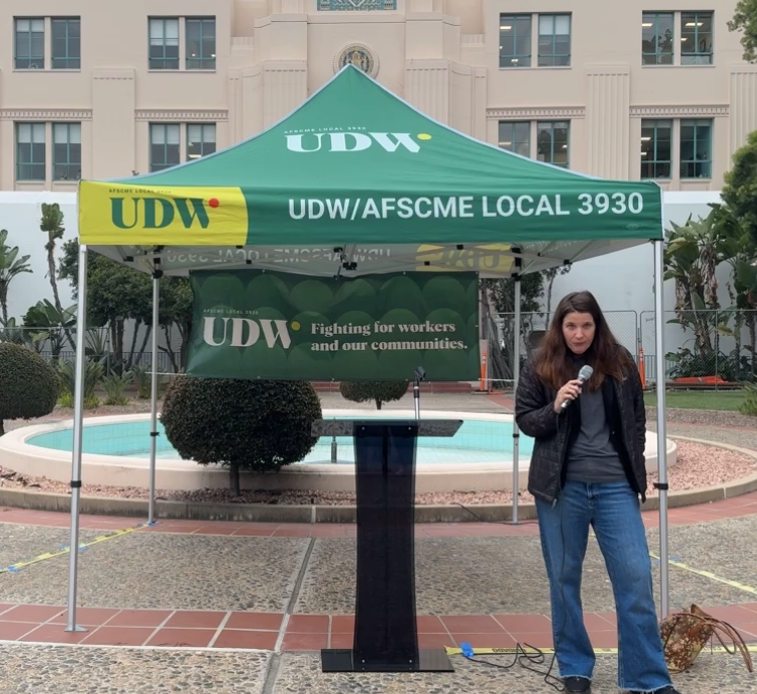





:quality(70)/cloudfront-us-east-1.images.arcpublishing.com/adn/2GWZCU6K5FEBLL5CQ6BIYCSQBM.jpg)

